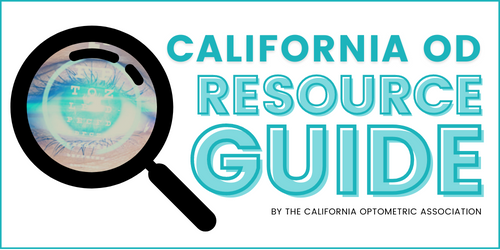IRS warns against new tricks by scam artists
.png)
|
With the emergence of new variations of widespread tax scams, the Internal Revenue Service (IRS) issued a warning to taxpayers to remain on high alert and protect themselves against the ever-evolving array of deceitful tactics scammers use to trick people. These schemes – which can occur over the phone, in emails or through letters with authentic looking letterhead – try to trick taxpayers into providing personal financial information or scare people into making a false tax payment. This is real - the IRS has received reports of roughly 600,000 contacts since October 2013 and is aware of more than 4,000 victims who have collectively reported over $20 million in financial losses as a result of tax scams. According to the IRS, these scammers are now targeting virtually anyone. New tricks being perpetrated that you should alert your staff to include:
Below are five things scammers often do that the IRS would never do: 1. Angrily demand immediate payment over the phone, nor will the agency call about taxes owed without first having mailed you a bill. 2. Threaten to bring in local police or other law enforcement groups to have you arrested for not paying. 3. Demand that you pay taxes without giving you the opportunity to question or appeal the amount they say you owe. 4. Require you to use a specific payment method for your taxes, such as a prepaid debit card. 5. Ask for credit or debit card numbers over the phone. Here’s what you should do if you think you’re the target of an IRS impersonation scam:
For more information on reporting tax scams, go to IRS.gov and type “scam” in the search box. |
1.png)

1.png)



.png)




.png)
.png)
.png)
.jpg)
.png)
.png)
.png)
.png)
.png)
.png)

.png)

.png)
.png)
